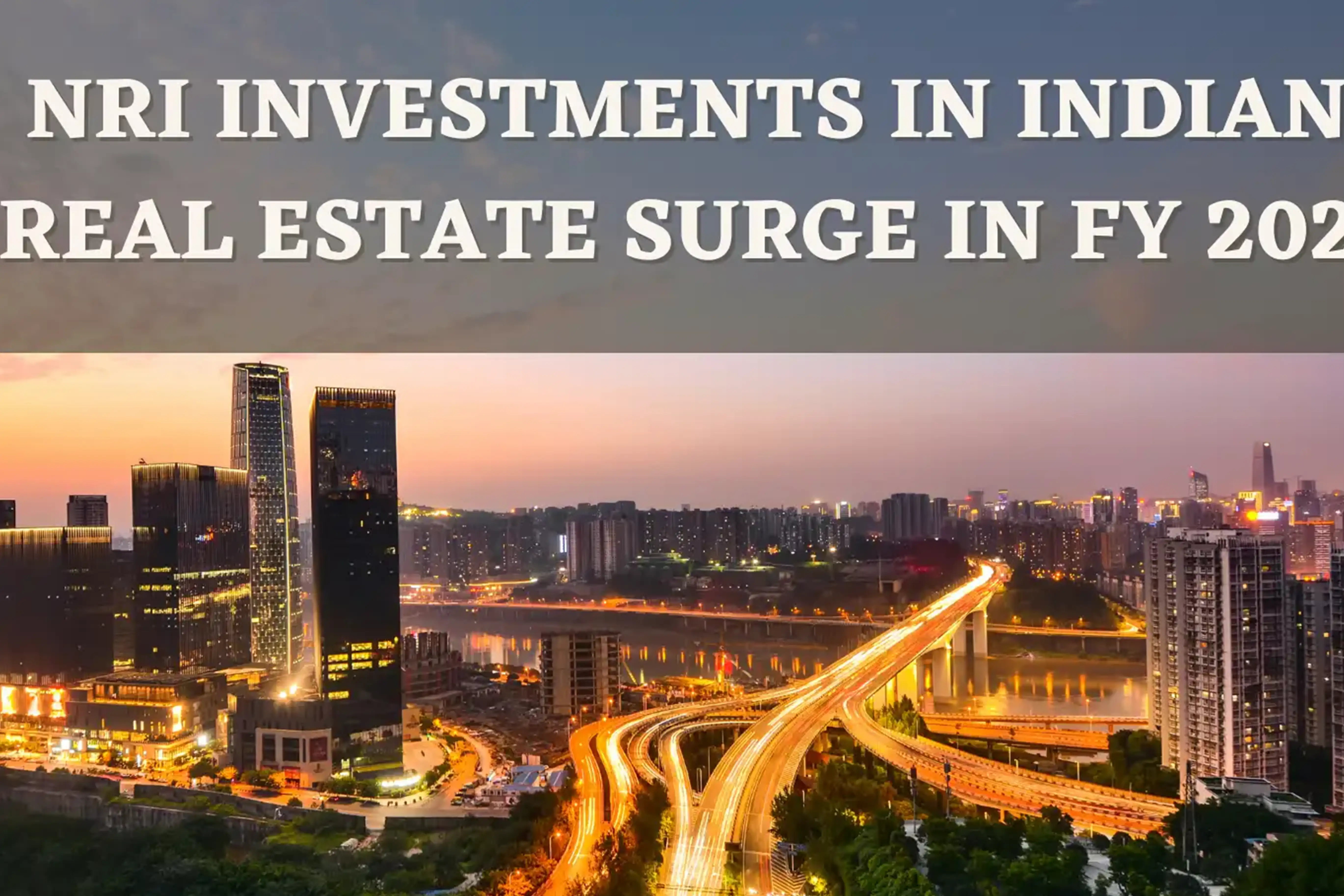As the Sensex hit 40, 000 points on the day when the election results came out, it also has a considerable impact on real estate and is sensitive enough although we do not have any indicators to gauge it. Undoubtedly, the former government took a few master strokes which were intended to improve the sector but the results were a lot of upheavals. After the Modi government came to power, it took steps like RERA, GST, demonetization and also improvisation of Real Estate Investment Trust (REIT) which are certainly path breaking steps to organize the sector.
Just in 2016, the Real Estate Regulation Act (RERA) was introduced and the industry is still struggling to readjust with the several forces that were created by these new legislations and measures. Soon after that, came demonetization which put the sector into a cash crunch and many new and small developers were forced to shut down and the fraudulent ones were forced to wind up. With this backdrop came the election results of 2019 and certainly real estate sector in India is an industry that government cannot afford to ignore as the sector is currently aggregating 6% of the GDP of the country which is proposed to grow at 13% and is the second largest employer of the nation as well.
Why does the election result matter?
To review the past, in 2014 when Congress government was prevalent and there was uncertainty about the next government which of course did undergo a change, there was a slowdown of the new project launches just before the election. This is usually the way how the real estate sector responds to uncertainty about the upcoming government policies.
To be free of the forces of the new environment that may be created by the forthcoming government, many developers were seen to be focusing on sales by offering more discounts in an attempt to get rid of their existing stock. But this time the analysts feel the impact will be entirely different as in the last five years there have been some landmark decisions to organize the sector along with Pradhan Mantri Awas Yojna (PMAY), which acted as a booster to sales. Undoubtedly, there has been an attempt to bring considerable transparency in the sector along with the protection of the end-user.
What is the usual impact of general elections on real estate?
In a democracy where election happens every five years, there is a usual reaction that both the buyers and the developers exhibit. The buyers postpone their decision because they expect some policy changes or subsidies from the new government which would help them to buy homes at lesser prices and on the other hand the developers also wait for some incentives and grants or cuts in the lending rates which would help them to increase profit margins. So the inevitable result is the decrease in sales and the new launches also plummet subsequently.
What was the reaction of the election of 2019?
To start with, it should be reiterated that today, the real estate market of India is driven by the end users and not so much by the investors. There is a marked change in the industrial scene of India with rapid urbanization and migration to cities by the working population.
There is a corresponding increase in demand for homes by the working population created by the industrialization and the IT revolution that started in few cities of India. In this respect the election of 2019 is a little different as the measures taken by the government in the last tenure was path-breaking like RERA, PMAY, and GST which has facilitated the end users and protected them in an attempt to secure the consumers to organize the sector. Although it is a step that has secured the sector for giant leaps in the future, the results on the sector were not at all comforting. The sector got severely affected by liquidity crunch and new launches came to a halt and the survival issue of the small and medium real estate companies became poignant rather than making profits of higher margins. Today, although RERA was introduced but yet few states are yet to implement it and the enforcement of it is yet pending in a country-wide scale.
On top of that, the aftermath of the legislations has played an important role this time. The year 2019 started with a very positive note with a favourable interim budget for the real estate sector. Along with many incentives for the real estate sector, there were GST rate cuts also announced which enthused the buyers and the end-users of the industry. Unlike in 2014, where there was uncertainty spread throughout with the consumers and the developers keeping their fingers crossed we saw an increased number of launches in 2019 in the period from January to March. There was a 27% increase in terms of new launches and a 12% increase in terms of sales which are in a way different from the usual response of the industry before the election due to uncertainty. The market also witnessed a lot of healthy momentum in terms of transactions and sales as there were a lot of ready-to-occupy apartments and homes which got sold in the first quarter of 2019.
The Way Forward
Although the developers have a wish list and the expectations from the government that they would take the cause forward and open the doors for expansion removing the bottlenecks, the buyers’ sentiments are high. As the same government is in power, the sector is certainly assured that they would get the grants and remissions required. The government is expected to look at the unsold stocks of the sector and give more grants and subsidies with proper legislation to boost sales and increase the liquidity of the sector. With the present scenario, the analysts feel that the developers are certainly assured that the presently elected government would further the expansion and development of the sector by suitable measures and legislation. So, to conclude, the sector surely got confidence along with the consumers and both the party’s confidence would certainly keep the buyers’ sentiments high with noticeable growth in the sector.


